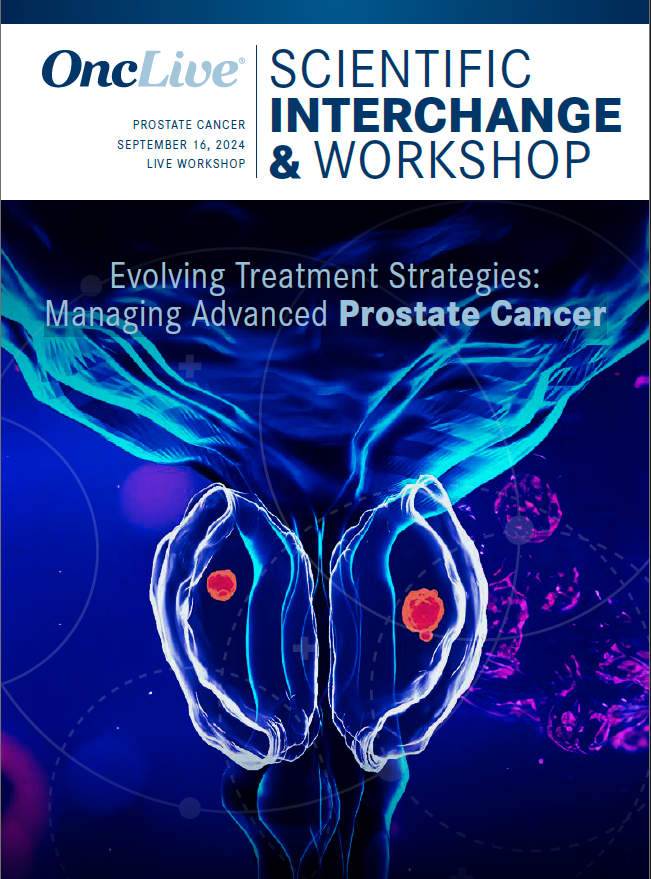Video
Dr. Gerritsen on Shortcomings of Immunotherapy in Prostate Cancer
Author(s):
Winald Gerritsen, MD, PhD, professor and medical oncologist, Radboud Medical Center, discusses some of the recent shortcomings seen with immunotherapy agents in the treatment of patients with castration-resistant prostate cancer.
Winald Gerritsen, MD, PhD, professor and medical oncologist, Radboud Medical Center, discusses some of the recent shortcomings seen with immunotherapy agents in the treatment of patients with castration-resistant prostate cancer (CRPC).
For example, ipilimumab (Yervoy), which is approved for the treatment of patients with metastatic melanoma, has been evaluated in multiple phase III studies as a treatment for patients with prostate cancer. Although one such study did not meet its primary endpoint of improved overall survival, prespecified subset analyses have suggested that ipilimumab may be more efficacious in men with lower disease burden. These findings suggest that immunotherapy should be tested early in men with CRPC.
One ongoing phase II study is evaluating how well PROSTVAC-V/F works in stopping prostate cancer from coming back or relapsing. This study will also look at the safety of PROSTVAC-V/F. The trial is currently enrolling patients who have recently undergone radical prostatectomy and are at high risk for relapse.
However, oncologists have seen more positive results with sipuleucel-T (Provenge), which is the first therapeutic cancer vaccine to be approved by the FDA as a treatment for men with metastatic CRPC and little to no symptoms. Sipuleucel-T is designed to elicit an immune response to prostatic acid phosphatase by using the patient’s own immune system to recognize and combat the cancer. The agent has been demonstrated to prolong median survival in these patients by 4.1 months compared with placebo.









